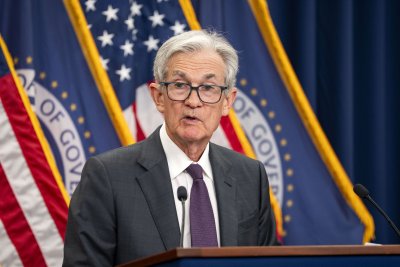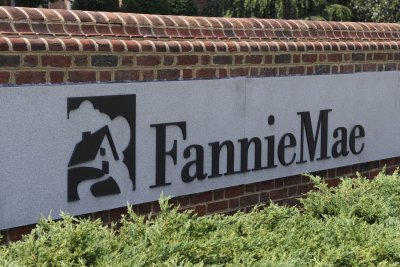Federal Reserve expected to issue first rate cut since late 2024

Sept. 17 (UPI) — The Federal Reserve on Wednesday is expected to announce fresh rate cuts in the wake of U.S. President Donald Trump‘s demands to do so amid ongoing tariff worries and its impact on the American economy.
The central bank has not lowered interest rates since December and the Federal Open Market Committee is widely expected to lower rates by a quarter percent at its next meeting around 2 p.m EDT. It comes in an ongoing feud with White House that’s infuriated the president as the bank has been targeted by the Trump administration as it seeks to consolidate greater federal control under the executive branch.
On Monday, Trump’s newly appointed member to the Federal Reserve Stephen Miran was confirmed by the GOP-controlled Senate in a 48-47 vote.
It’s been suggested that Miran will dissent from the anticipated Fed decision as the administration seeks a higher rate reduction.
The Fed opted to take a “wait and see” approach on rates as the economy shifted under the aggressive economic and tariff policies implemented by Trump.
Trump for months has been vocally critical of Fed Char Jerome Powell and the independent board in his demands to lower interest rates as the president has recently attempted to illegally remove Fed Governor Lisa Cook from her role.
Powell did not give clear indications of the FOMC’s plan for Wednesday in a speech at the end of August to the annual Economic Policy Symposium in Jackson Hole, Wyoming.
On Monday, Trump said in a social media post in all caps the FOMC “must cut interest rates, now, and bigger than (Powell) had in mind.”
“In terms of the Fed’s dual-mandate goals, the labor market remains near maximum employment, and inflation, though still somewhat elevated, has come down a great deal from its post-pandemic highs,” Powell said in Wyoming.
“At the same time, the balance of risks appears to be shifting,” he said on August 22.
But a Goldman Sachs economist said Tuesday the “key question” for the September FOMC meeting was whether it will “signal that this is likely the first in a series of conservative cuts.”
“We expect the statement to acknowledge the softening in the labor market but do not expect a change to the policy guidance or a nod to an October cut. However, Chair Powell might hint softly in that direction in his press conference,” David Mericle wrote to CNBC in a note.
Meanwhile, a separate economist suggests that “such an emergency-sized move” that Trump envisions “is not justified by the current data.”
“Any decision to cut by 50 basis points at this stage would appear to be driven more by political pressure than economic necessity,” Seema Shah, chief global strategist at Principal Asset Management, told CNN.


